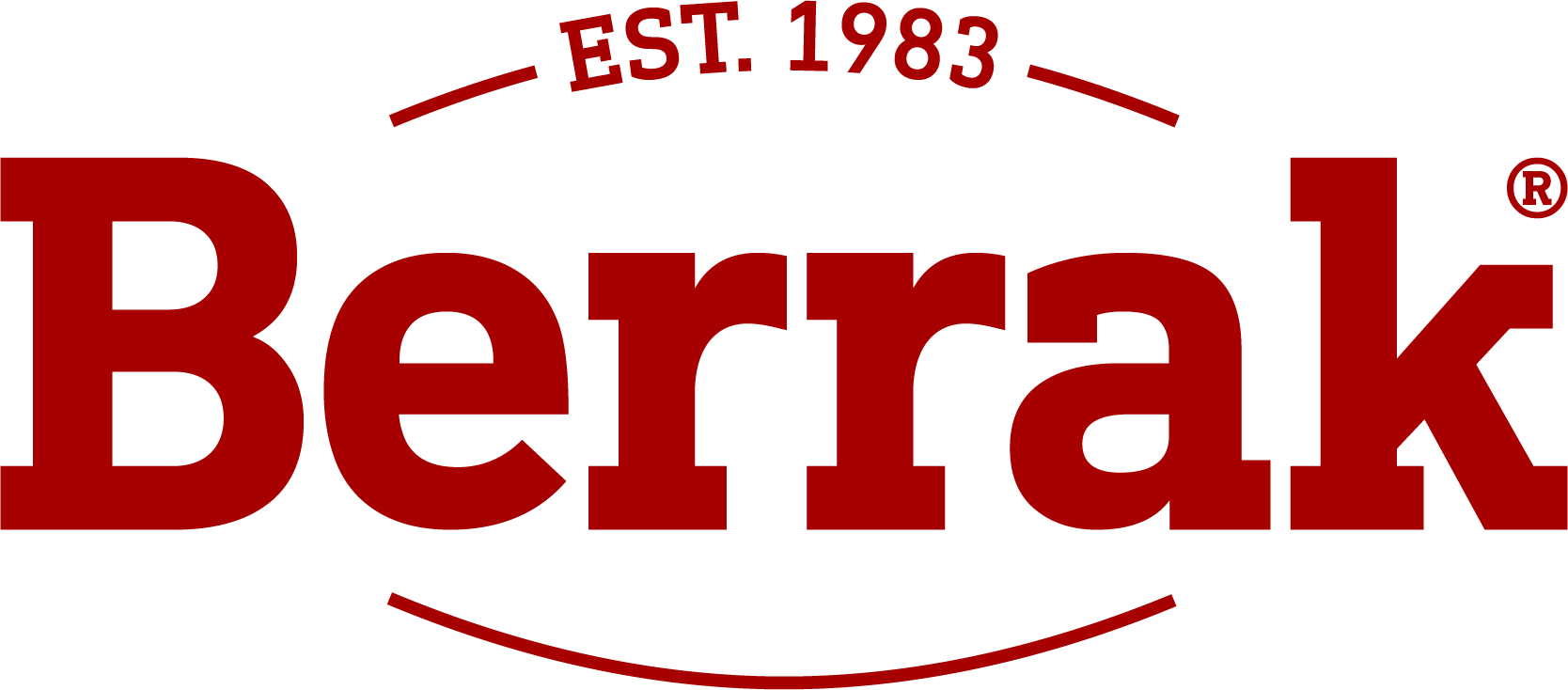Weekly meal planning and preparation supports healthy nutrition while helping you save time. You can manage your kitchen work more organized and efficiently with menu creation, shopping, pre-preparation and storage methods. This process supports both individual and family health, while making your daily life more organized and stress-free. Remember, good planning both increases your nutritional quality and allows you to use your time in the kitchen more efficiently. Here are the tips for weekly meal planning and preparation:
1. Create Your Meal Plan
Creating a weekly meal plan helps you organize your weekly shopping list and meal preparations. Here are the points to consider during the planning phase:
Menu Selection: When creating your weekly menu, plan breakfast, lunch, dinner and snacks. Pay attention to seasonal products and nutritional diversity.
Recipes and Foods: Choose your recipes by considering your family’s favorite recipes and your balanced nutrition goals. Take care to provide a balance of protein, carbohydrates and fat.
Budget and Ingredients: Create your shopping list by considering your budget and the ingredients available in the kitchen. This way, you can prevent unnecessary expenses and waste.
2. Prepare Your Shopping List
After your meal plan, list the ingredients you need. This step saves time while shopping and helps you not to forget missing ingredients. You can organize your shopping list as follows:
Vegetables and Fruits: Determine the types of fresh vegetables and fruits according to your weekly needs.
Protein Sources: List protein sources such as chicken, meat, fish, legumes and dairy products.
Dry Foods and Grains: Add dry foods such as rice, pasta, lentils and similar.
Spices and Sauces: Include the necessary spices and sauces to flavor your meals.
3. Make Meal Preparations in Advance
Making your meal preparations in advance saves time for the rest of the week and makes your meals ready faster. Here are some preparation tips:
Pre-Preparation: Chop vegetables, marinate meat and cook grains. This type of advance preparation allows you to cook your meals faster.
Cooking in Large Batches: You can cook large quantities of recipes, especially those with vegetables, soups and stews, and freeze them in portions. This allows you to quickly prepare healthy meals on busy days.
Storing in Separate Containers: Keep your meals easily accessible throughout the week by storing them in separate containers. This method helps you heat and serve meals quickly.
4. Store Foods Properly
Storing methods for your meals are important to maintain freshness and nutritional value:
Refrigeration and Freezing: Store the meals you cook in the refrigerator or freezer after they have finished cooling. Frozen meals can stay fresh for a long time.
Storage Containers: Preserve the quality of the nutrients by storing your meals in glass or BPA-free plastic containers. You can also prevent the smell of the meals from transferring to other foods by using containers with lids.
5. Weekly Meal Prep Calendar
You can create a calendar to organize your weekly meal prep:
Monday: Do your weekly shopping and chop the vegetables.
Tuesday: Marinate the meats and prepare the soup.
Wednesday: Prepare a large batch of food for dinner and some meals.
Thursday: Store leftovers in divided containers and prepare small snacks.
Friday: Check frozen meals and plan for the weekend.
6. Collaborate with Family
Collaborating with family members can make meal prep more enjoyable and productive. By cooking with your children and spouse, you can both spend time in the kitchen and share responsibilities. You can also create a menu together, taking into account your family’s preferences and needs.


